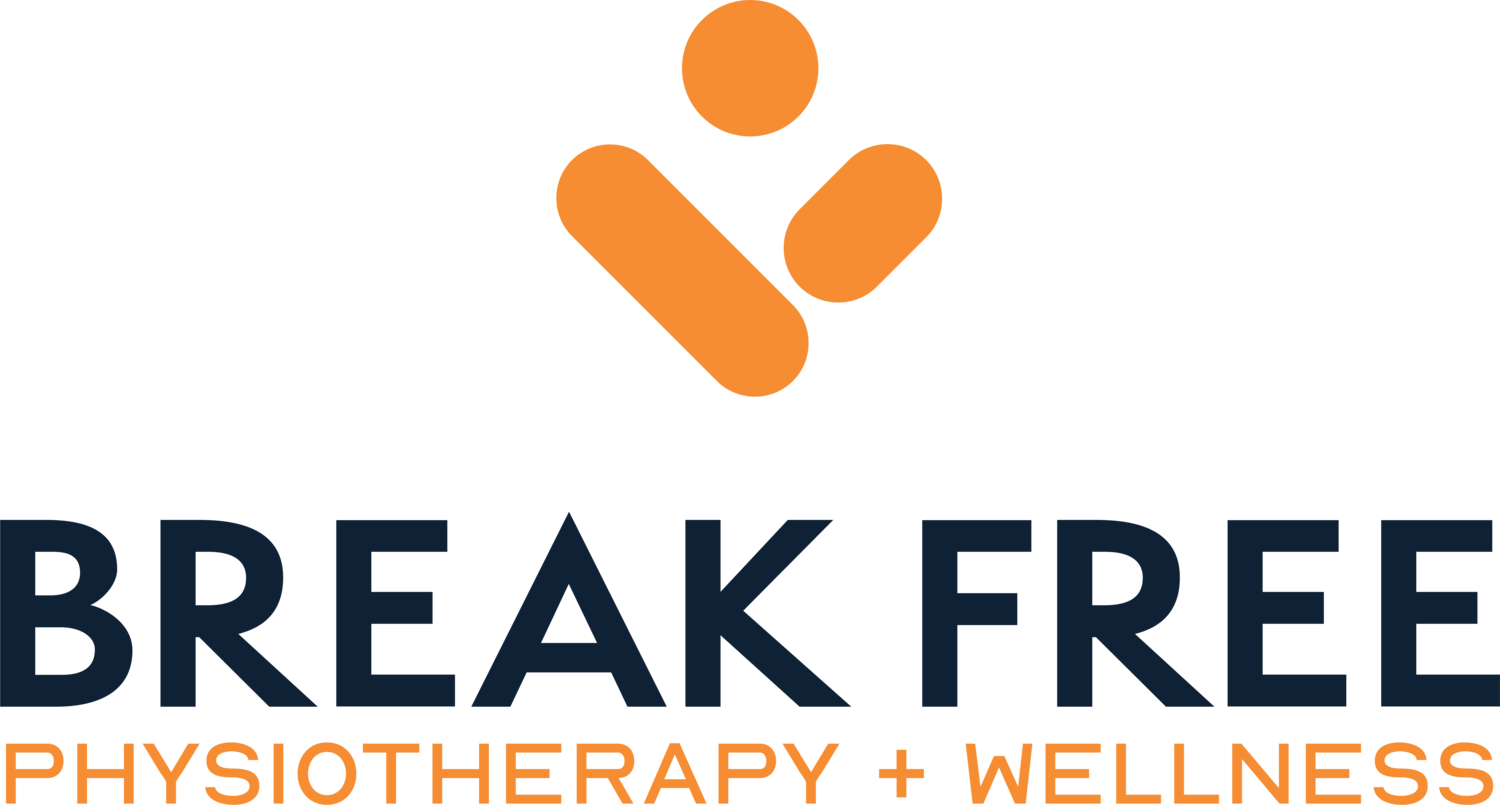ORTHOPEDIC PHYSIOTHERAPY
If you’ve had a recent injury or been experiencing a chronic issue that is preventing you from achieving your goals, then you have come to the right place. Or maybe you just want to move better and be more active? We can help.
Orthopedic Physiotherapy is the most well known branch of physiotherapy and usually what most people think of when they think of physiotherapy. It is all about your musculoskeletal system ! This may involve your nerves, muscles, bones, joints, ligaments, tendons, etc. It is up to us, as the physio, to complete an assessment looking at range of motion, strength, and functional movements in order to determine the source of your pain and the best treatment path for you.
At Break Free, we want to help you understand your injury, find the source of your pain and recommend the best treatment option specifically for you.
Here are some common issues that we see and would love to help you out with:
Low back pain
Chronic neck pain
Temporo-mandibular joint (TMJ) dysfunction
Whiplash
Rotator cuff injuries
Frozen shoulder
Sprains and strains
Tendon injuries (elbow, knee, etc.)
Hand and wrist injuries
Foot and ankle injuries
Pre- and Post-surgery rehab
Post-fracture rehab
Vertigo (i.e. BPPV) and dizziness
This is a short list, we treat many more conditions. Contact us to see if we can help you with your injury!
Wondering what to expect at your initial orthopedic physiotherapy assessment?
This assessment will be 60 minutes long. Your physiotherapist will take a detailed history of your injury/condition by asking you more specific questions. This is to help us figure out what may be the source of your pain. The second part of the assessment will involve looking at the way you move, including assessing your range of motion, strength and functional movements. This will help us determine which movements may help you to improve and which ones may not. Your physiotherapist will create a treatment program based on the findings of the assessment.
Learn more…




